Global legal experts tackle construction contracts, claims at SCL conference in Seoul
koreaherald Views
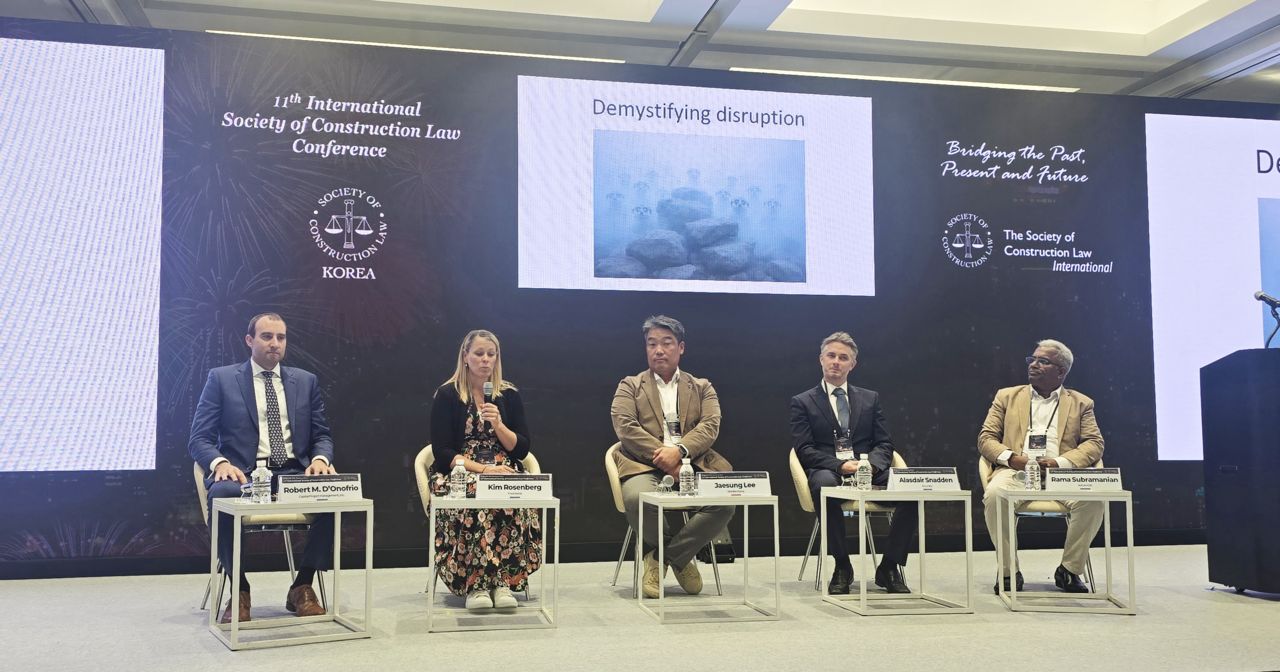 The 11th International Society of Construction Law Conference opened this week at COEX in southern Seoul, bringing together global legal experts and industry leaders for three days of in-depth discussions on the evolving landscape of construction contracts, claims and dispute resolution amid sweeping changes in infrastructure development.
The 11th International Society of Construction Law Conference opened this week at COEX in southern Seoul, bringing together global legal experts and industry leaders for three days of in-depth discussions on the evolving landscape of construction contracts, claims and dispute resolution amid sweeping changes in infrastructure development.
Held under the theme “Bridging Past, Present and Future,” the three-day gathering — set to conclude Friday — has drawn more than 310 legal professionals, engineers and industry leaders from over 30 countries, marking a milestone convergence in one of the world’s most advanced construction markets.
Thursday’s program opened with welcoming remarks from Park Ki-jeung, chair of the Society of Construction Law Korea, alongside representatives from SCL International, followed by a keynote on construction contracts delivered by Edward Corbett of Howard Kennedy, which set an analytical tone for the day’s discussions.
During a prominent morning session, “Evolving Standard Forms: Adapting FIDIC, NEC & Beyond,” moderated by Julian Bailey at Jones Day, panelists examined how standard contract forms are being recalibrated in response to increasingly complex project demands worldwide.
In a session spotlighting collaboration in large-scale projects, Nicholas Gould at Fenwick Elliott chaired a discussion on “Collaboration as a Useful Tool for Managing Giga Projects.” Panelists emphasized the importance of robust legal frameworks and equitable risk-sharing to drive megaproject success.
The focus shifted in the afternoon to construction claims, with a keynote by Chantal-Aimee Doerries KC at Atkin Chambers. A subsequent panel on quantum and disruption claims was moderated by Lee Jae-sung at Deloitte Korea.
“Think about what the framework is for your claim. … Consider the importance of contemporaneous records at the start of the project and start record keeping from day one,” said Freshfields partner Kim Rosenberg, underscoring the rising value of real-time documentation in dispute mitigation.
Delay-related challenges took center stage in a session led by Richard Harding KC at Keating Chambers.
“If the time impact method can be effectively applied in retrospective cases, it should be given priority because it’s the most reasonable method for assessing delays,” said The Team CEO Im Jung-joo.
He added that retrospective analysis “can be objected to and support a dispute resolution,” highlighting its potential legal weight.
The day concluded with a forward-leaning session on “AI and Innovative Technologies for Claims in the Future,” moderated by Im Byung-woo at Kim & Chang.
Friday’s sessions will turn the spotlight on dispute resolution strategies and the construction industry’s growing role in driving the global green energy transition. The day will focus on expanding alternative dispute resolution mechanisms and developing legal frameworks to support sustainable infrastructure and renewable energy initiatives.
- 2 NK soldiers briefly cross MDL to apparently chase defecting soldier: sources
- Hybe partners with LAFC
- N. Korea breaks ground on memorial museum for its troops killed in Russia’s war with Ukraine
- Seoul shares open sharply higher on eased US-China tensions
- Lee says ‘carefully’ reviewing impact on financial markets during US tariff talks


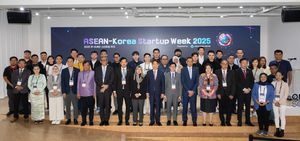
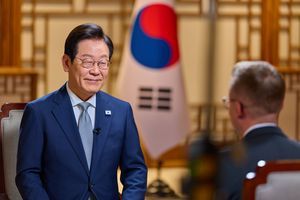

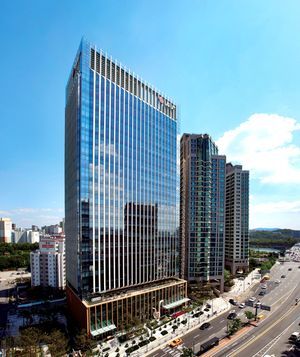
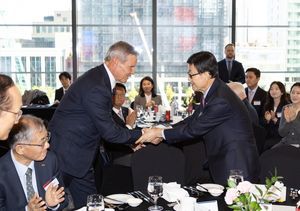


Most Commented